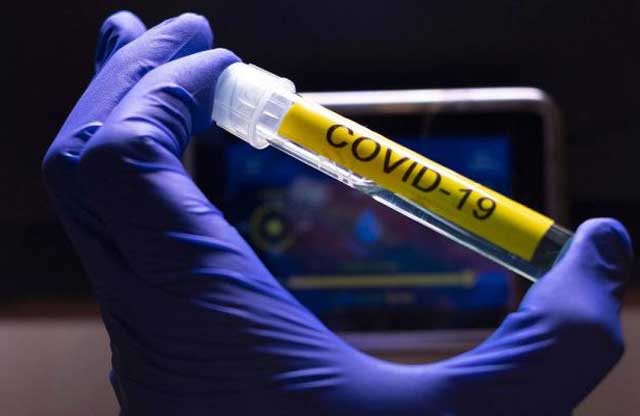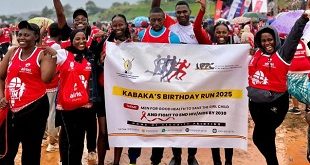
Kampala, Uganda | THE INDEPENDENT | Countries should confirm that transmission of the Coronavirus disease has been controlled, and ensure that health systems are capable of detecting, testing, isolating and treating every case of COVID-19, as well as tracing every contact, before lifting the current restrictions.
They must also make sure that outbreak risks are minimized, put in place preventive measures in workplaces, schools and other essential places, manage importation risks, and fully educate, engage and empower communities to adjust to the new norm of everyday life.
This is according to the guidance given by the Director-General of the World Health Organisation Dr Tedros Adhanom Ghebreyesus as several countries announced they were ending the lockdown, and lifting Coronavirus restrictions imposed to curb the spread of the coronavirus.
Restrictions have already been relaxed in Denmark, Austria and the Czech Republic, while Spain, one of the countries hardest hit by the coronavirus, allowed some nonessential workers to return to their jobs on Monday. However, even on the day, they relaxed the restrictions Spain lost 517 people due to coronavirus disease.
In Uganda, President Yoweri Museveni is expected to announce the way forward later today, guiding Ugandans to the next steps after the 14-day lockdown elapsed. In her recent communication, Education Minister Janet Museveni announced that schools would be reopening on April 27, if all goes according to plan.
However, Dr Ghebreyesus says that because COVID-19 accelerates quickly but decelerates much more slowly, control measures will need to be lifted very slowly – not all at once. “In other words, the way down is much slower than the way up”, said the UN health agency chief.
He explained that research has shown that COVID-19 is 10 times deadlier than the 2009 flu pandemic and spreads most easily in crowded environments, such as nursing homes, adding that against such findings, a mix of social distancing, testing, contact tracing and isolation will be crucial to further curb the spread of the new coronavirus.
“We can only say what we know, and we can only act on what we know”, said Tedros, emphasizing that emerging evidence is beginning to crystalize a better understanding of COVID-19, how it behaves, how to treat it and how to halt its further spread.
*******
URN
 The Independent Uganda: You get the Truth we Pay the Price
The Independent Uganda: You get the Truth we Pay the Price



